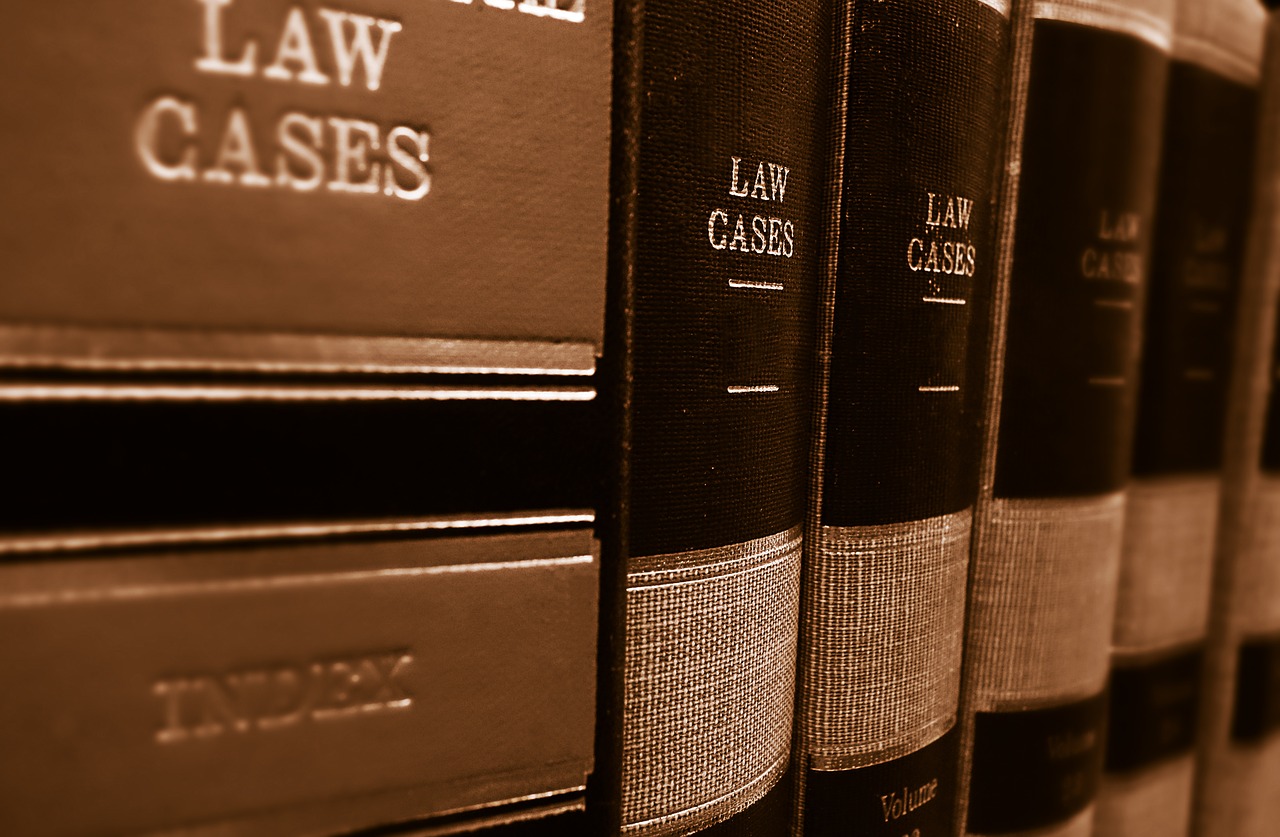The impact the “Psychological Harm” of a victim has on Sentencing

What are the guidelines for the impact of a victim’s “psychological harm” on sentencing?
A number of the definitive guidelines published by the Sentencing Council direct sentencers to consider whether the victim of an offence has suffered severe psychological harm.
In some guidelines, that question has to be considered at step 1 of the sentencing process: a finding of severe psychological harm places the case into a higher category and thus increases the starting point for sentence.
In other guidelines, the issue of whether the victim has suffered psychological harm – and if so, the degree of that harm – falls to be considered at step 2 as a potential aggravating factor which justifies an increase above the guideline starting point for the relevant category of offence.
It is therefore critical that those defending criminal cases are fully versed in the law relating to this area, as it may greatly affect sentencing outcomes.
How does a Judge assess psychological harm?
1. Expert evidence is not an essential precondition of a finding that a victim has suffered severe psychological harm.
2. A judge may assess that such harm has been suffered on the basis of evidence from the victim, including evidence contained in a Victim Personal Statement (VPS), and may rely on his or her observation of the victim whilst giving evidence.
3. Whether a VPS provides evidence which is sufficient for a finding of severe psychological harm depends on the circumstances of the particular case and the contents of the VPS.
4. A VPS must comply with the requirements of the Criminal Practice Direction and be served on the defence in sufficient time to enable them to consider its contents and decide how to address them. If late service gives rise to genuine problems for the defence, an application for an adjournment can be made.
Judicial Assessment of the factual impact.
When a sentencing guideline directs a sentencer to assess whether the victim of an offence has suffered severe psychological harm or to make any other assessment of the degree of psychological harm, a judge is not thereby being called upon to make a medical judgment. The judge is making a judicial assessment of the factual impact of the offence upon the victim.
Thus, submissions to the effect that a judge who makes a finding of severe psychological harm is wrongly making an expert assessment without having the necessary expertise are misconceived.
The judge is not seeking to make a medical decision as to where the victim sits in the range of clinical assessments of psychological harm, but rather is making a factual assessment as to whether the victim has suffered psychological harm and, if so, whether it is severe.
The role of the judge in making the assessment.
The assessment of whether the level of psychological harm can properly be regarded as severe may be a difficult one. The judge will, of course, approach the assessment with appropriate care, in the knowledge that the level of sentence will be significantly affected by it, and will not reach such an assessment unless satisfied that it is correct.
But it is an assessment which the judge alone must make, even if there be expert evidence. It is the sort of assessment which judges are accustomed to making.
In making the assessment of whether the psychological harm in a particular case can properly be described as severe, or serious (if a different guideline is being considered), the judge will act on the basis of evidence and will be required in the usual way to give reasons for his or her decision in the sentencing remarks.
If the evidence could not provide a sufficient foundation for the judge’s assessment, the point can be raised on appeal.
Save where there is an obvious inference to be drawn from the nature and circumstances of the offence, a judge should not make assumptions as to the effect of the offence on the victim.
Acting on the evidence.
The judge must act on evidence. But a judge will usually be able to make a proper assessment of the extent of psychological harm on the basis of factual evidence as to the actual effect of the crime on the victim. Such evidence may be given during the course of the trial, and the demeanour of the victim when giving evidence may be an important factor in the judge’s assessment.
The relevant evidence will, however, often come, and may exclusively come, from the VPS. The court is not prevented from acting on it merely because it comes from a VPS.
Double Counting
In assessing whether the psychological harm in a particular sexual case is severe, a judge must keep in mind that the levels of sentence which the sexual offences guideline sets out already take into account the psychological harm which is inherent in the nature of the offence.
How can we help?
If you have any questions about the impact of psychological harm or in sexually-related offences (or any other type of offence) do not hesitate to contact our specialist lawyers. If you would like to discuss any aspect of your case, please call us now on 0161 477 1121 or email us if you have any questions in relation to this article.


